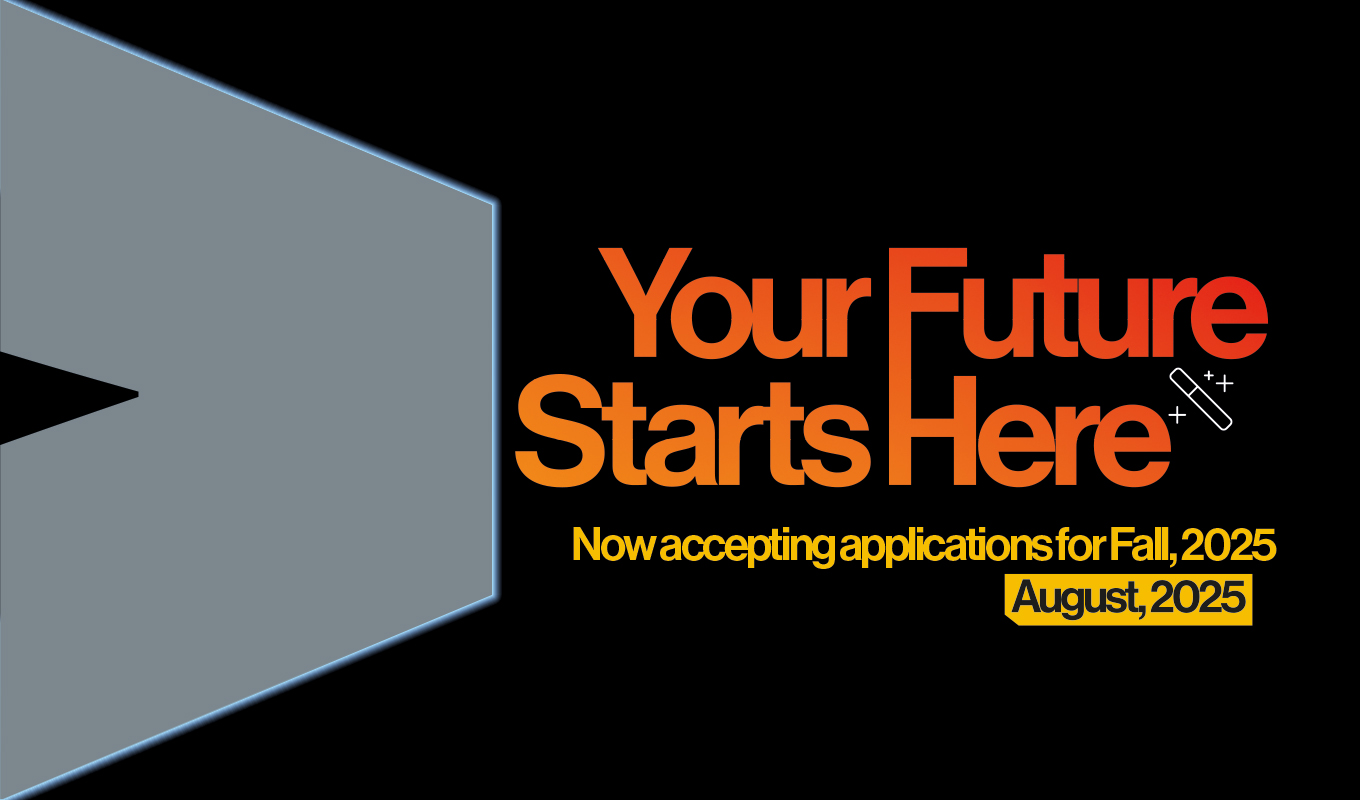General Education
In accordance with RIT’s mission, General Education requirements establish the foundation for students to find success in their chosen fields, while preparing students to pursue lifelong learning and contribute to society as well-educated and knowledgeable citizens.
How it works?
The General Education framework intentionally progresses through two educational phases designed to give students a strong foundation in communication and critical thinking:
1
First, students establish breadth, starting with the First Year Writing course and a series of courses called Perspectives that demonstrate different ways of learning about the world.
2
Next, students explore a discipline or theme in depth, pursuing integrative learning experiences through an Immersion in a series of related courses.
General Education plays a crucial role in every undergraduate degree program at RIT Dubai. Integrating general education courses into the curriculum enables students to explore subjects beyond their chosen major, ensuring that RIT Dubai graduates are well-rounded individuals. The framework outlines certain Learning Outcomes across 9 categories, presented in below, with a particular emphasis from the MaS department on Critical Thinking, Natural Inquiry of Science, Scientific Principles, and Mathematical categories. Students have the flexibility to choose courses that fulfill credit requirements in each category, which also count towards completing Immersions and Minors.
Maths and Sciences Department
The Math and Sciences (MaS) department at RIT Dubai offers essential General Education courses that support all other majors within the institution.
Dedicated to delivering high-quality education in mathematics and the sciences, the department promotes critical thinking, problem-solving skills, and a comprehensive understanding of the natural world.
The MaS department provides courses in various Math and Sciences disciplines as part of the graduation requirements for all major programs at RIT Dubai, including Mathematics, Statistics, Physics, Biology, and Chemistry. These courses enable students to deepen their knowledge of Math and Science, equipping them to apply this understanding in their major-specific studies. Additionally, students have the opportunity to pursue various immersions or minors within Math and/or Sciences.
The department is equipped with state-of-the-art Biology, Chemistry, and Physics labs to support both teaching and research. These labs facilitate hands-on and experiential learning, allowing students to experience science in action. They provide students with the necessary fundamentals of Biology, Chemistry, and Physics, enhancing their knowledge in their specific fields of study.
Furthermore, students gain experience with scientific protocols, safety precautions in a laboratory setting, conducting experiments, obtaining and analyzing results, reporting findings, and generating comprehensive lab reports.
Learning Outcomes
- Communication
- Express oneself effectively in common college-level written forms using standard American English
- Revise and improve written products
- Express oneself effectively in presentation, either in spoken standard American English or sign language
- Demonstrate comprehension of information and ideas accessed through reading
- Critical Thinking
- Use relevant evidence gathered through accepted scholarly methods and properly acknowledge sources of information
- Analyze or construct arguments considering their premises, assumptions, contexts, and conclusions, and anticipating counterarguments
- Reach sound conclusions based on logical analysis of evidence
- Demonstrate creative or innovative approaches to assignments or projects
- Ethical: Identify contemporary ethical questions and relevant positions
- Artistic: Interpret and evaluate artistic expression considering the cultural context in which it was created
- Global: Examine connections among the world’s populations
- Social: Analyze similarities and differences in human social experiences and evaluate the consequences
- Natural Inquiry of Science: Apply methods of scientific inquiry and problem solving to contemporary issues and scientific questions
- Scientific Principles: Demonstrate knowledge of basic principles and concepts of one of the natural sciences
- Mathematical
- Comprehend and evaluate mathematical or statistical information
- Perform college-level mathematical operations or apply statistical techniques
Program Laboratories
Biology Lab
In the biology lab, students have the opportunity to experience a wide variety of techniques, such as fingerprinting, shoe printing and blood group identification. These techniques are frequently used in Forensic Sciences to identify criminals. Students also experiment in the fields of molecular and cellular biology, reinforcing their understanding of DNA's behavior, and aiding in interpreting its structure and function.
Physics Lab
In the physics lab, students perform experiments and analyze the data that exemplifies fundamental laws and principles of physics. Faculty try to emphasize principles that play an important role in the life sciences. Physics lab courses emphasize mechanics, electricity, magnetism, and optics.
Chemistry Lab
In the chemistry lab, students perform statistical data analyses, and demonstrate skills in the use of laboratory apparatus, glassware, balances & spectrophotometers. Students safely conduct scientific experiments with proficiency, and learn how to interpret, record and communicate experimental data, and scientific results with the help of chemical models and equations.
















